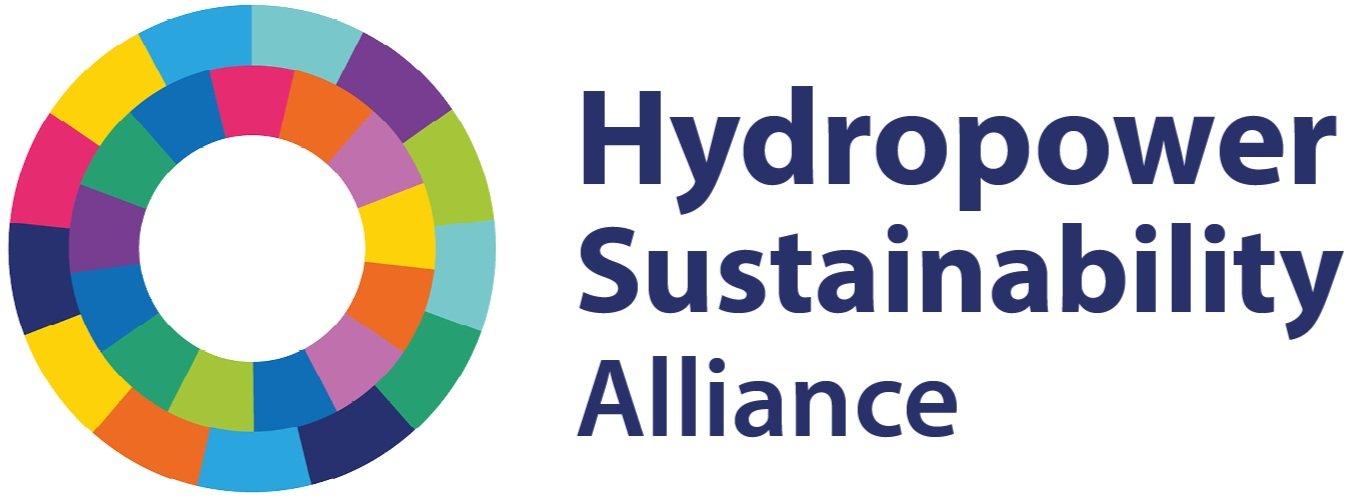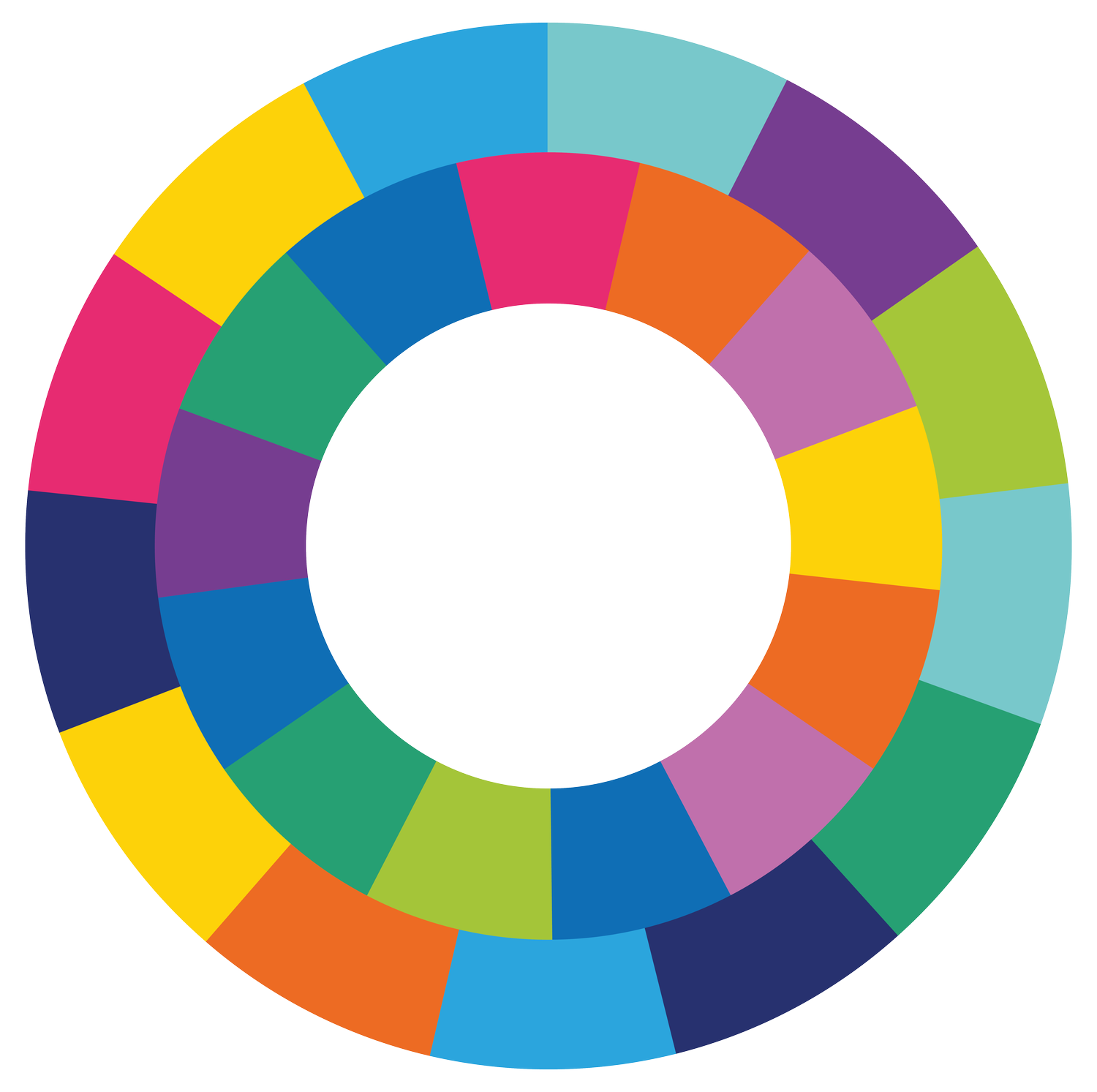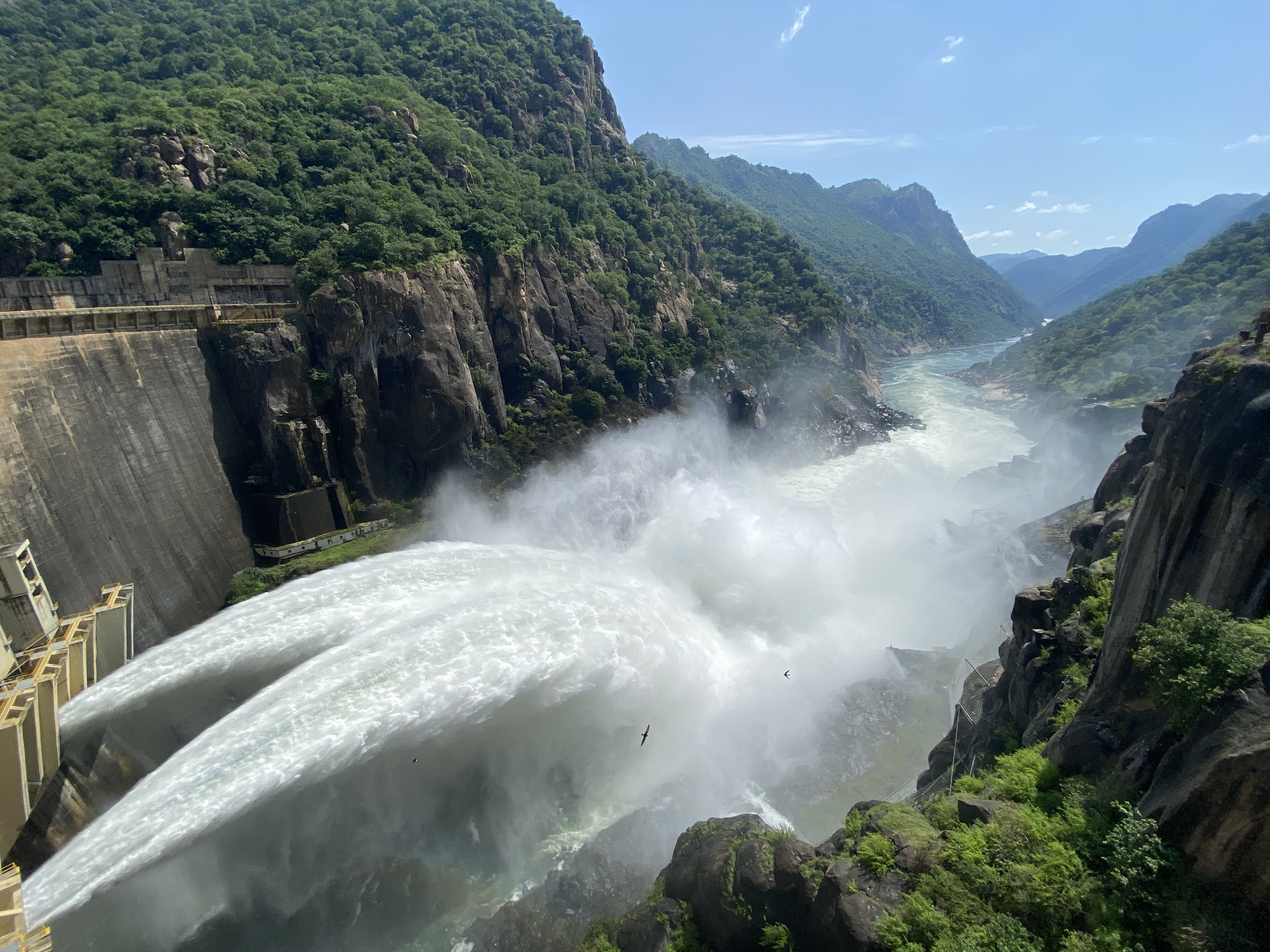
BUILDING CAPACITY
Empowering stakeholders & communities
We work in various regions to empower local communities, professionals, and stakeholders with the knowledge and tools they need to ensure responsible hydropower projects.
Capacity building programmes play a crucial role in equipping hydropower developers, governments and local communities with tools, knowledge and expertise to make informed decisions towards a robust and resilient hydropower sector that aligns with global sustainability goals.
strengthening the sector
wide-ranging impact
The intended impact is that more sustainable hydropower is planned and developed thanks to strengthened institutional capacity, enhanced skills to manage ESG issues, and increased access to climate finance investments.
A Participatory Learning Approach
Through a participatory and two-way learning approach, our programmes are focused on developing in-country resources to measure and guide performance in line with the Hydropower Sustainability Standard. The approach aims to promote stakeholder ownership through a structured process of trainings, assisted project assessments, engagement and reflection.
State Secretariat for Economic Affairs (SECO)
We have partnered with the Swiss State Secretariat for Economic Affairs (SECO) to promote sustainable hydropower development across numerous countries: Indonesia, Albania and the Western Balkans, Tajikistan and Central Asia, Colombia and Morocco and Maghreb region. The work is delivered through a four-year capacity building programme and a fund for the realisation of sustainability assessments for promising hydropower projects.
With the financial support of SECO, we have published a series of How-to Guides to enhance knowledge and understanding of the practical measures that can be undertaken to meet good international industry practice.
As a member of the governance committee, SECO has been a strong supporter of our programmes to strengthen institutional capacity and enable development of climate-aligned hydropower projects.
Norwegian Agency for Development Cooperation (norad)
With the support from the Norwegian Agency for Development Cooperation (Norad), we have been working actively in Nepal, Mozambique and Myanmar. Through the capacity building programmes, we have delivered a number of trainings and workshops to increase the developmental impact and sustainability of hydropower projects by empowering local organisations to become ambassadors of the HS Standard and drive change in their respective organisations.
Our programme and the HS Standard are playing a strong role in bridging the gap between governments, financial institutions, industry and NGOs. Through our work, we aim to facilitate strong cooperation among various hydropower stakeholders to improve hydropower project performance, provide confidence to investors and enhance trust from the civil society.
THE WORLD BANK
The World Bank has been a guiding force in the development and governance of the Hydropower Sustainability Standard and the predecessor sustainability tools since their creation in 2007. The World Bank has applied the sustainability assessment framework to eight of its projects across four regions, and worked to increase institutional knowledge among its clients and governments.
The World Bank has been instrumental in aligning the HS Standard with the World Bank and IFC standards to support hydropower developers in meeting World Bank funding requirements and assist World Bank staff in their operations.
In collaboration with the World Bank, we have been working to strengthen cooperative management and development of hydropower sector within the Zambezi Basin and Nepal.
Read more about the World Bank’s recommendation to its clients on the use of the sustainability framework here.










